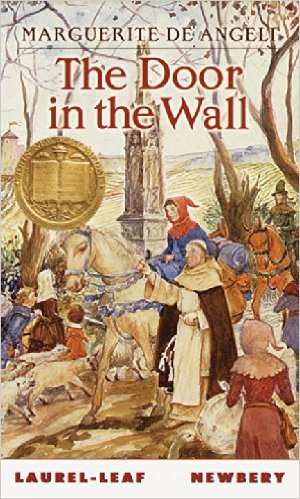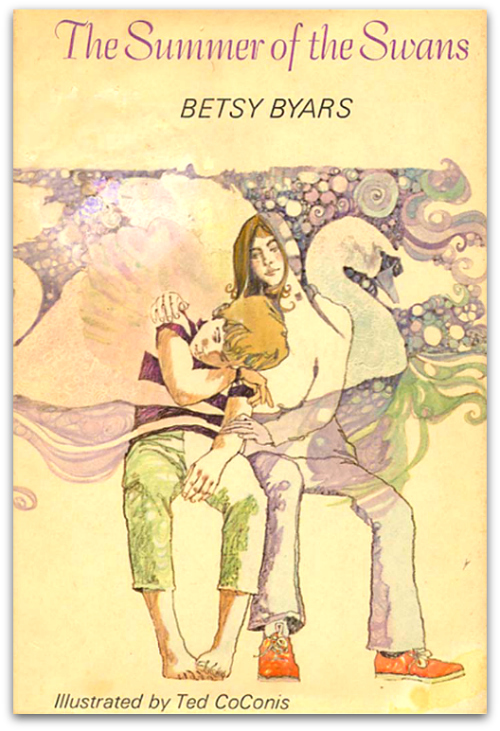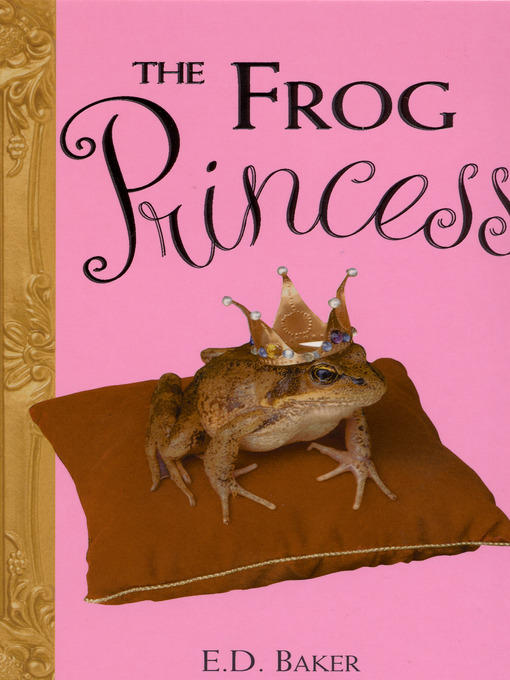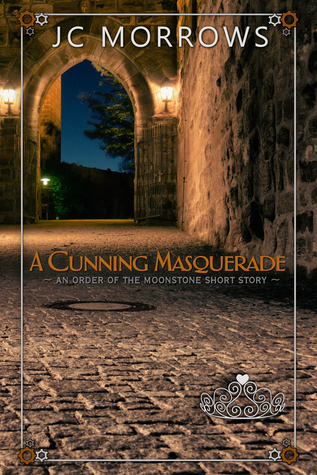[button color=”black” size=”big” link=”http://affiliates.abebooks.com/c/99844/77798/2029?u=http%3A%2F%2Fwww.abebooks.com%2Fservlet%2FSearchResults%3Fisbn%3D9780517519042″ target=”blank” ]Purchase here[/button]
Mother Goose in Prose
by L. Frank Baum
Have you ever tried in vain to make sense of The Cat and the Fiddle? Or perhaps you thought there must be an amusing story behind Old King Cole? You could read Chris Roberts’s Heavy Words Lightly Thrown: The Reason Behind the Rhyme if you want to know the whole sordid truth. Or, you could visit this underrated, should-have-been-classic collection of facetious fairy tales for an imaginative, often silly, and decidedly G-rated alternative.
Discover how a lad setting out to make his fortune inspired the Song o’ Sixpence. Learn how both Little Boy Blue and Little Bo Peep lost, and found, their sheep. Discover the touching motivations of the Black Sheep (he of the three bags of wool), Mistress Mary (quite contrary), Tom the Piper’s Son (pig thief that he was), and Humpty Dumpty (whose death was not, after all, in vain). Find out what Miss Muffet learned from her adventure, how the Old Woman’s house came to look like a shoe, and what fun Little Bun Rabbit had visiting Santa Claus. Laugh at foolish wise men, roll your eyes at a bit of political sermonizing, and enjoy the fate of assorted ne’er-do-wells and even (contrary to the title) a bit of verse as Baum makes a little sense – sometimes very little indeed – out of 22 snippets of singsong folklore that, to this day, continue to lull little heads to sleep throughout the English-speaking world.
First published in 1897, three years before The Wonderful Wizard of Oz, this collection of nursery-rhyme-inspired fairy tales is now available in a Dover facsimile of its 1901 edition, complete with Maxfield Parrish’s whimsical decorations. Sometimes sad, occasionally pedestrian, they are mostly delightful stories full of wit and charm. Even if you aren’t fully convinced by Baum’s idea of the stories behind the rhymes, you will certainly appreciate the scholarship of his introduction on the just who “Mother Goose” was, historically speaking. Which contrasts nicely with the carefree nonsense of certain tales, such as the one that begins:
What! have you never heard the story of the Man in the Moon? Then I must surely tell it, for it is very amusing, and there is not a word of truth in it.




